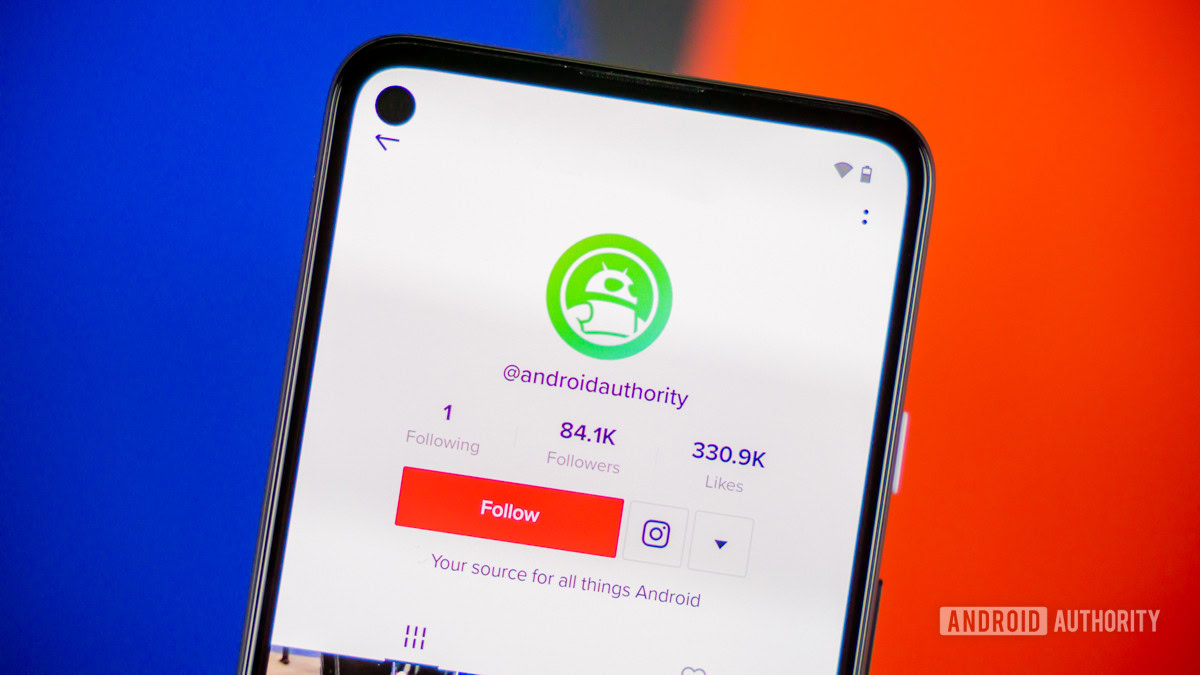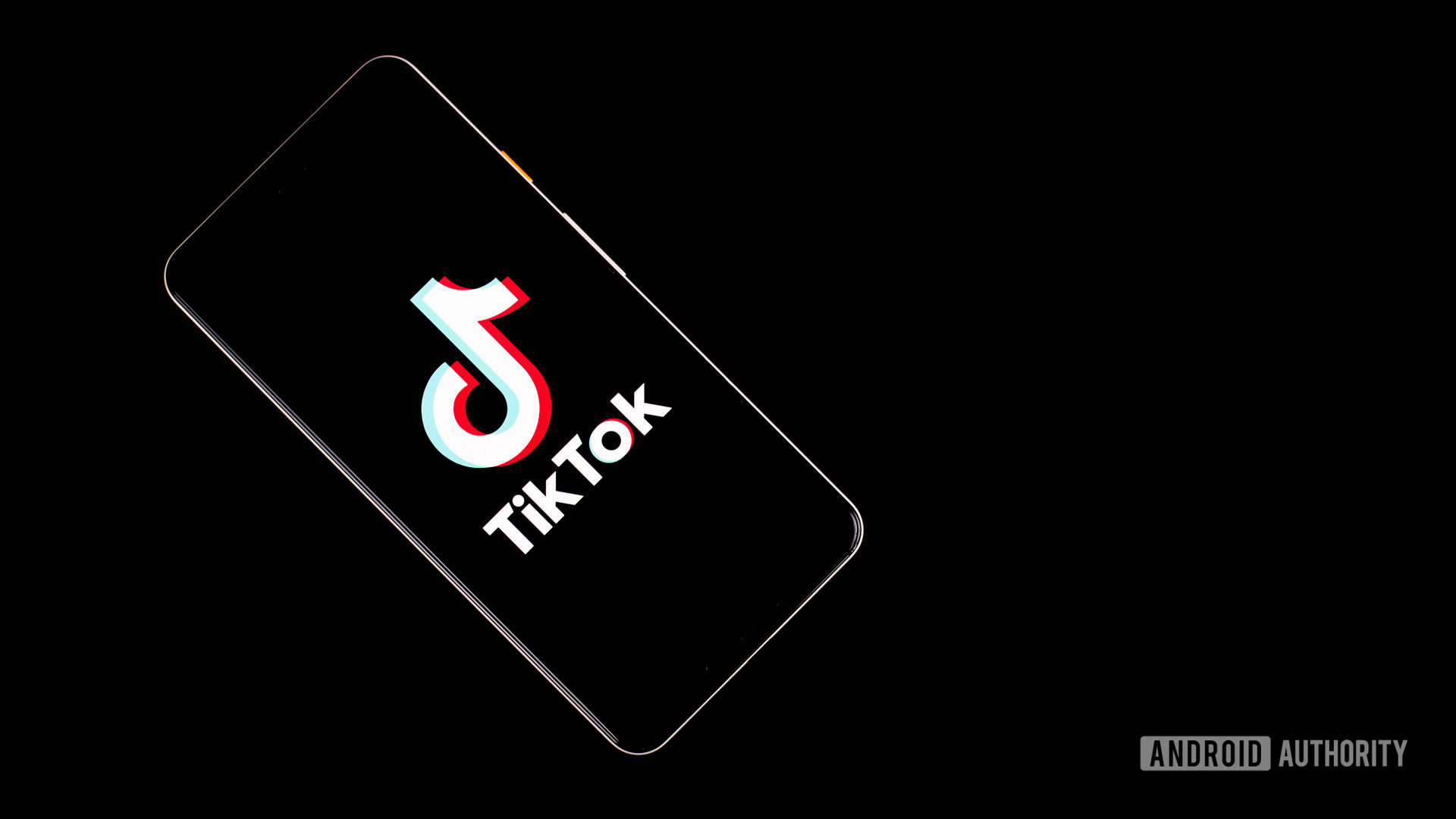losandes.biz: TikTok When was it created and who owns it
Dalam era yang terus berkembang dengan pesat, informasi telah menjadi komoditas yang tak ternilai harganya. Dari revolusi digital hingga transformasi teknologi, dunia kita kini tenggelam dalam lautan informasi yang tak pernah kering. Artikel ini mengajak kita untuk melangkahkan kaki ke dalam kompleksitas tatanan informasi saat ini, mengeksplorasi tantangan dan peluang yang muncul dalam mengelola dan memahami gelombang informasi yang terus menggulung. Dari algoritma cerdas hingga arus berita yang tak kenal lelah, mari kita telaah bersama bagaimana kita dapat menjadikan informasi sebagai alat untuk mendobrak batasan dan memahami dunia di sekitar kita dengan lebih baik.
Berikut adalah artikel atau berita tentang Harian losandes.biz dengan judul losandes.biz: TikTok When was it created and who owns it yang telah tayang di losandes.biz terimakasih telah menyimak. Bila ada masukan atau komplain mengenai artikel berikut silahkan hubungi email kami di [email protected], Terimakasih.

Edgar Cervantes / Android Authority
TikTok is one of the most popular social media platforms worldwide, with over a billion active monthly users as of early 2023. The short-format videos offer fun, snackable content. While we all love spending some minutes (or hours) swiping through entertaining videos, most people don’t really know where TikTok even comes from. Let’s get you up to speed on who owns TikTok, its story, and why it’s such a controversial platform.
Guide: How to make TikTok videos
Who created it, and when was TikTok made?

Edgar Cervantes / Android Authority
The short answer is that ByteDance created Tiktok in Beijing, China. There’s a much longer response that’s quite convoluted. The truth is that TikTok has undergone multiple name changes, and it still has a Chinese version that operates separately. The Chinese version is “Douyin.”
The first version of TikTok was A.me, and its initial launch was in September 2016. ByteDance then rebranded the app to Douyin, which means “vibrating sound.” This happened only months after the launch, in December 2016.
TikTok first appeared under its current name in September 2017, but only in a limited amount of markets. It only became available worldwide after ByteDance merged with another Chinese social network, Musical.ly. This didn’t happen until August 2018.

Why is TikTok so popular?

Edgar Cervantes / Android Authority
TikTok and its Chinese version are global hits. Douyin had over 100 million users within a year and over a billion video views per day. It also quickly reached the top lists in many countries only months after its global release. There is even a whole category of abbreviations and phrases that are unique to TikTok.
What is it that made TikTok such a success? Aside from the fun videos, dances, lip-syncing, and other fun clips, TikTok had some crucial catalysts. The Merge with Musical.ly gave TikTok a good push forward, giving it direct access to the rest of the globe, and helping it acquire an already-active community. All Musical.ly and TikTok accounts consolidated into a single app.
TikTok is simply a fun app with entertaining videos that are easy and quick to consume. It’s addictive and personal. People enjoy sharing experiences, following trends, and viewing exciting clips.
More: How to make money on TikTok
Why are countries banning TikTok?

Edgar Cervantes / Android Authority
If TikTok is so great, why are some countries banning it, and others continue trying to? There are multiple reasons for this. Some believe TikTok contains nudity, obscene language, offensive content, and other immoral elements. There are also addiction concerns, as users tend to have difficulty putting the phone down.
ByteDance created TikTok. It’s the current owner of the app.
The original version of TikTok is Douyin. This is also the current Chinese version of the application.
TikTok is currently banned in China, India, Bangladesh, and Pakistan, among others. It has also seen temporary bans in Indonesia and the USA.
Mostly for security reasons, as the app collects much personal information from its users, and it has to collaborate with Chinese authorities if they request it. Additionally, some people have moral reasons to shun TikTok. These include its potential to create addiction, as well as exposure to inappropriate content.